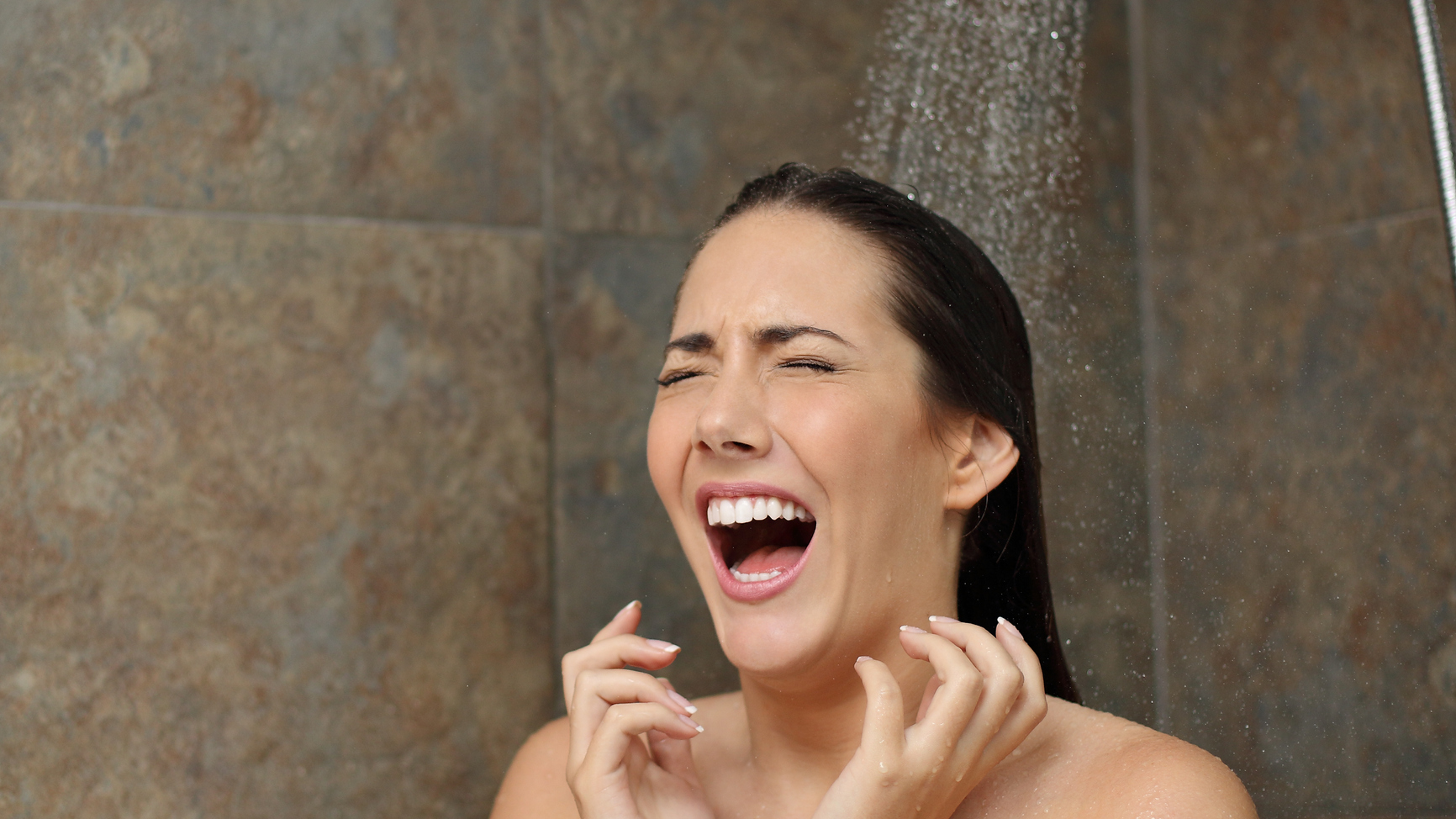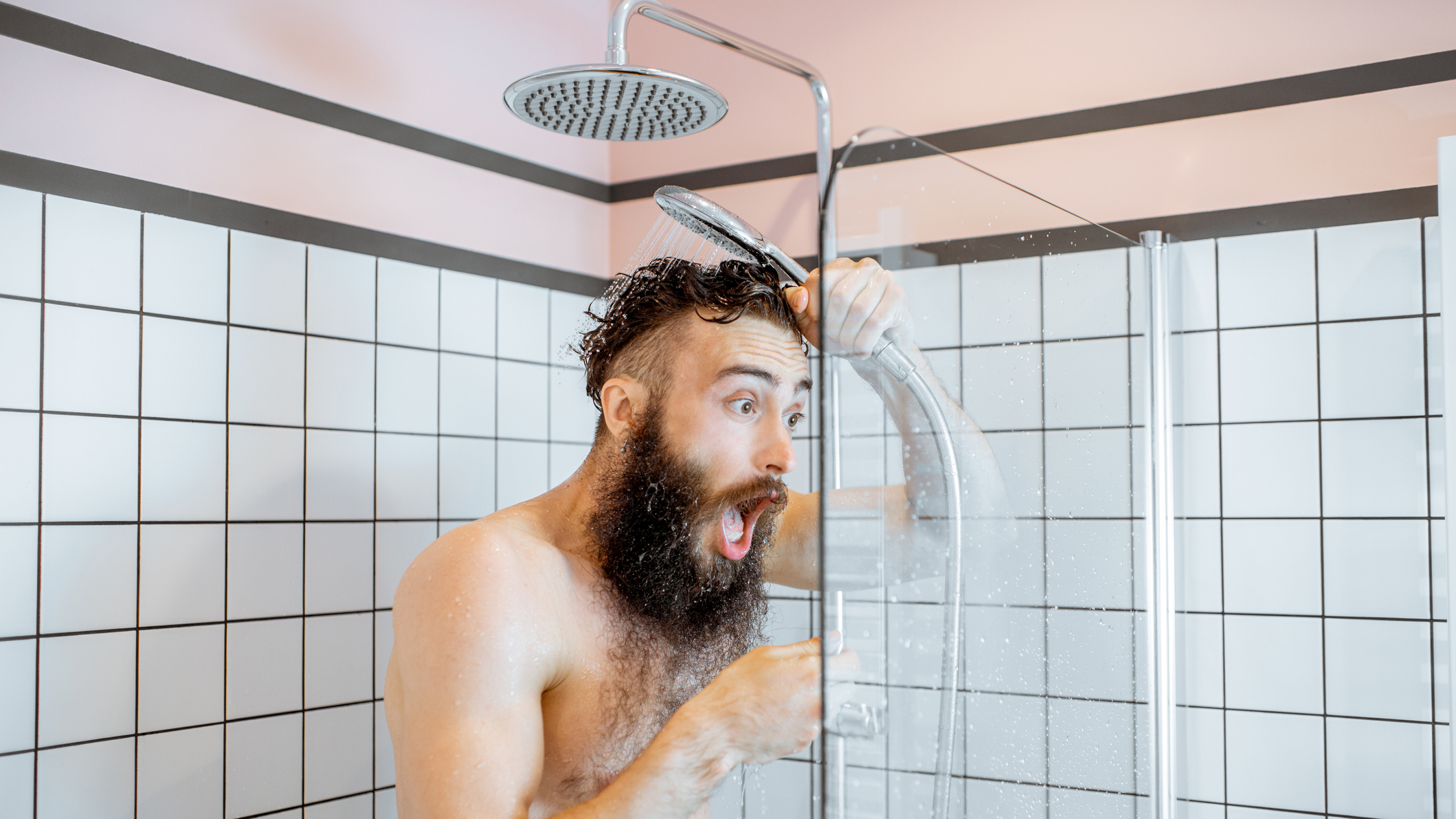Wellness: Why cold showers (even in winter!) can make you healthier
Cold showers boost our immune system, make us less depressed and give us more energy. Time to bite the bullet?


What would you do to avoid getting in a cold shower? It turns out, some people love to start their day in one, claiming it can benefit everything from their hair and skin to their immune system.
One such person is Wim "Iceman" Hof, a wellness guru famous for submerging himself in freezing cold temperatures and climbing Everest in nothing but a pair of shorts and shoes. He has invited scientists to test his methods, as he says the human body can repel disease, keep off excess weight and improve mental health with the power of cold.
And it's true, in part: tests have shown an increased immune and anti-inflammatory response, correlated with Hof's practice of meditation and cold hydrotherapy.
- How to meditate: A guide to your first meditation
While you might not go to such extremes, there are some recorded benefits of cold showers. It has been found cold showers can help reduce feelings of depression, provide more energy and cause you to call in sick for work less.
One study, published by researchers from the Netherlands, looks at the effect of cold showering on health and work. The study examined 3018 participants between 18 and 65 years, and had them start their shower with the temperature set at hot, before turning it to cold, for 30 days. This is known in some circles as the "James Bond shower", as this is what the superspy used to do in the books.
The study found those who completed the trial were 29% less likely to call in sick for work. Whether that was due to an increased immune system or a resilient mindset, the study is unclear.

The participants also recorded a burst of short-term energy after completing the cold shower, comparable to drinking a cup of coffee. This is likely the effect of adrenaline released by your body as a result of an intense physical sensation, such as cold, providing you with a temporary boost.
Start your week with achievable workout ideas, health tips and wellbeing advice in your inbox.
Another study, published by the Virginia Commonwealth University School of Medicine, looked at cold showers as a way to treat depression. The study found found exposure to cold "is known to increase the blood level of beta-endorphin and noradrenaline". Endorphins are the same feel-good chemicals released during exercise, resulting in the "runner's high".
The study also found a cold shower sends "an overwhelming amount of electrical impulses from peripheral nerve endings to the brain, which could result in an anti-depressive effect". The findings haven't yet been proven, but it's also been anecdotally found to help with anxiety and increased willpower.
It's thought cold showers work because we're no longer getting the same physical stimulations as our ancestors. When we go out, we're wrapped in warm clothes, and we heat our houses to avoid feeling the cold. Our ancestors, meanwhile, were exposed to the elements, experiencing lots of different physical stimuli.
The Virginia study authors wrote: "A lifestyle that lacks certain physiological stressors that have been experienced by primates through millions of years of evolution, such as brief changes in body temperature (e.g. cold swim), and this lack of “thermal exercise” may cause inadequate functioning of the brain." This could be contributing to feelings of depression.
Other claims of cold showers, such as improved skin, hair, physical fitness and so on, haven't yet been tested conclusively. However, the above might be enough to get you braving a cold shower. Good luck!
Liked this?
Matt Evans is an experienced health and fitness journalist and is currently Fitness and Wellbeing Editor at TechRadar, covering all things exercise and nutrition on Fit&Well's tech-focused sister site. Matt originally discovered exercise through martial arts: he holds a black belt in Karate and remains a keen runner, gym-goer, and infrequent yogi. His top fitness tip? Stretch.
